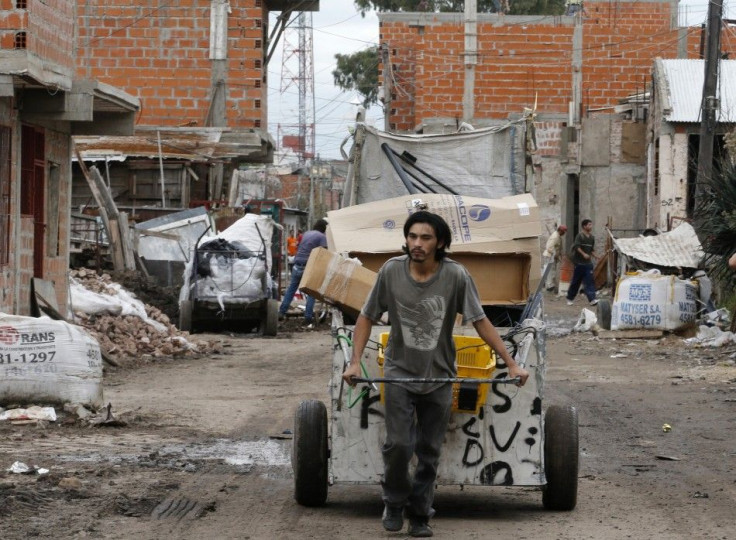Recession 2014 Watch: Jobs In The U.S. Grow But Europe Concerns Remain

Some positive news on the job front in the U.S suggests the global economy may sail through 2014 without a recession. But concerns of an economic slowdown in Europe remain with political uncertainties in the region adding fuel to the fire.
The employment data of the U.S for September shows an increase in nonfarm payroll employment by 248,000 and a decline of unemployment rate to 5.9 percent. The data was published recently by the Bureau of Labor and Statistics of the U.S Department of Labor.
One of the segments to see the strongest job growth was the retail sector. 35,000 jobs were added to the retail sector in Sept 2014. The report by the Bureau of Labor suggests that the temporary fluctuation of employment in this segment in Aug was due to employment disruptions at a grocery store chain in New England. Employment in this segment is said to have increased by 264,000 over the last 12 months.
Job growth in the U.S and the consumer sentiment in the retail trade are two big indicators that some economists tend to watch to gauge the health of the economy. The data helps analysts to see if the economy is headed for a recession.
Although there are some positive signs from the U.S, concerns about Europe remain. Germany, one of the stronger economies in Europe, may be heading for another recession. According to a report by CNN, the confidence of German businesses is the lowest since April 2013.
The report also highlighted the political challenges to the region. One of the biggest risks in the region comes from the terrorist organization ISIL. The organization poses a security threat to the region and may also potentially affect the oil prices.
The other concern is Russia's involvement in Ukraine and the consequent economic sanctions by the west on the country. A quickly escalating political turmoil in the region and the threat of further sanctions and counter-sanctions increase the risk of the global economy slipping into yet another recession.
A recent World Bank report on Russia said that the country's economy was in a state of stagnation. The report further said that the country needs to internalise the several rounds of sanctions and countersanctions. With the need for Russia to solve political issues for economic recovery, will the world be spared another recession in 2014?





















